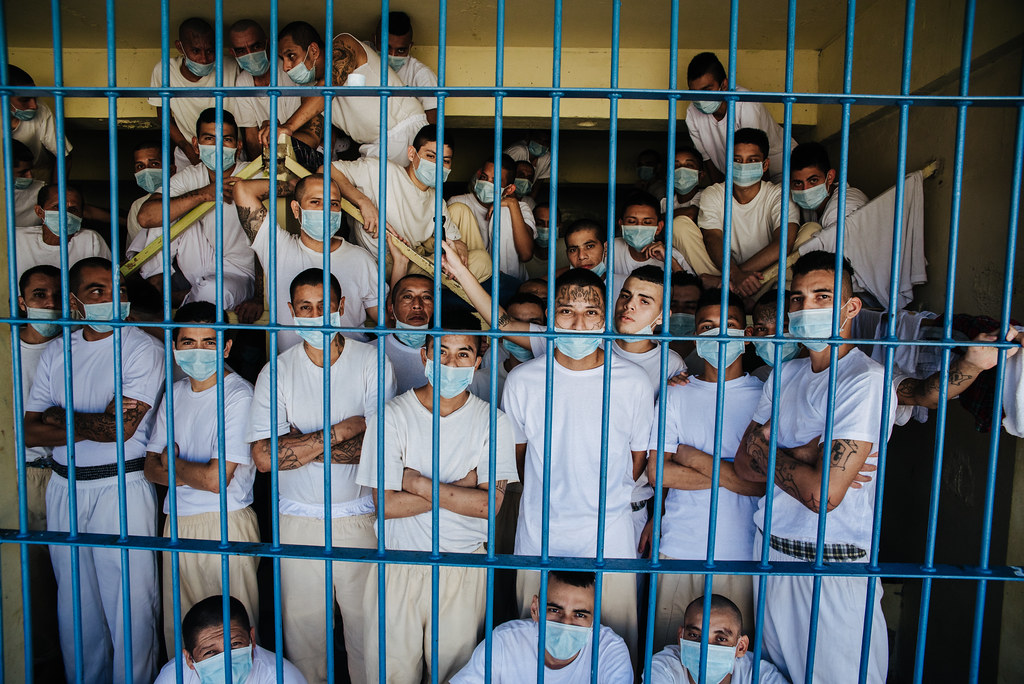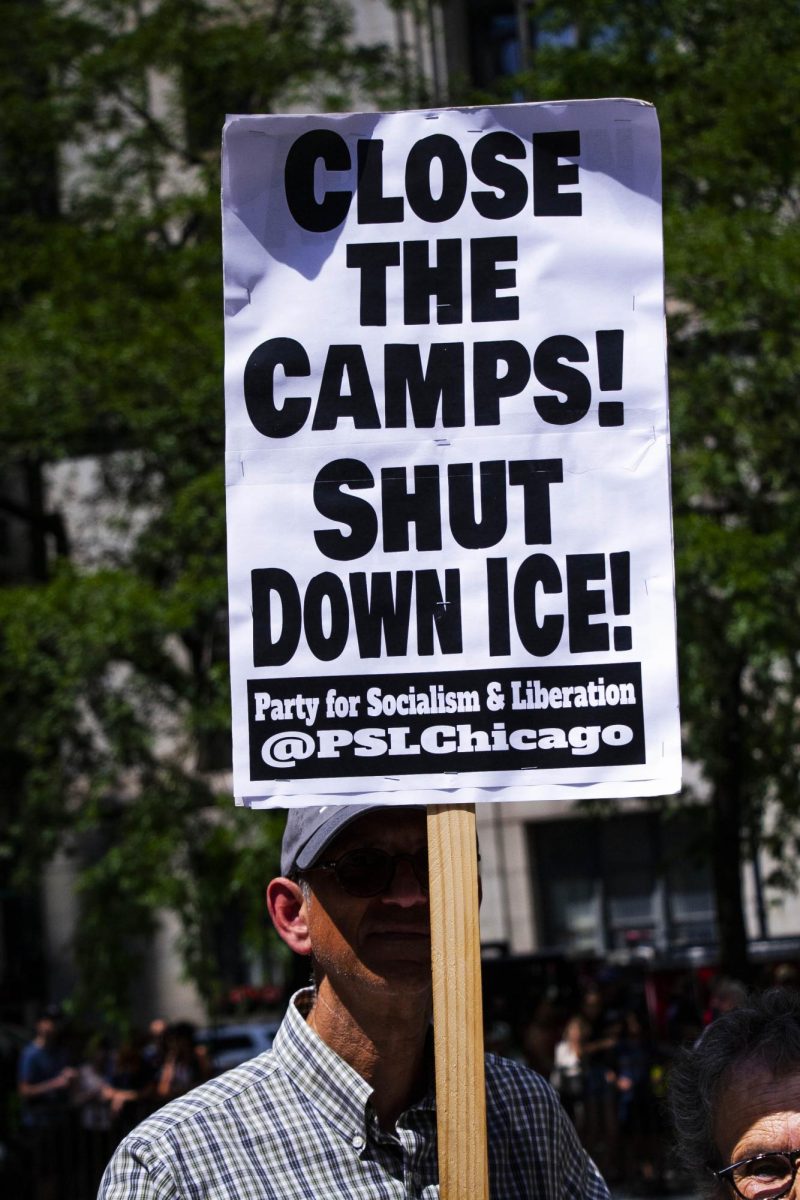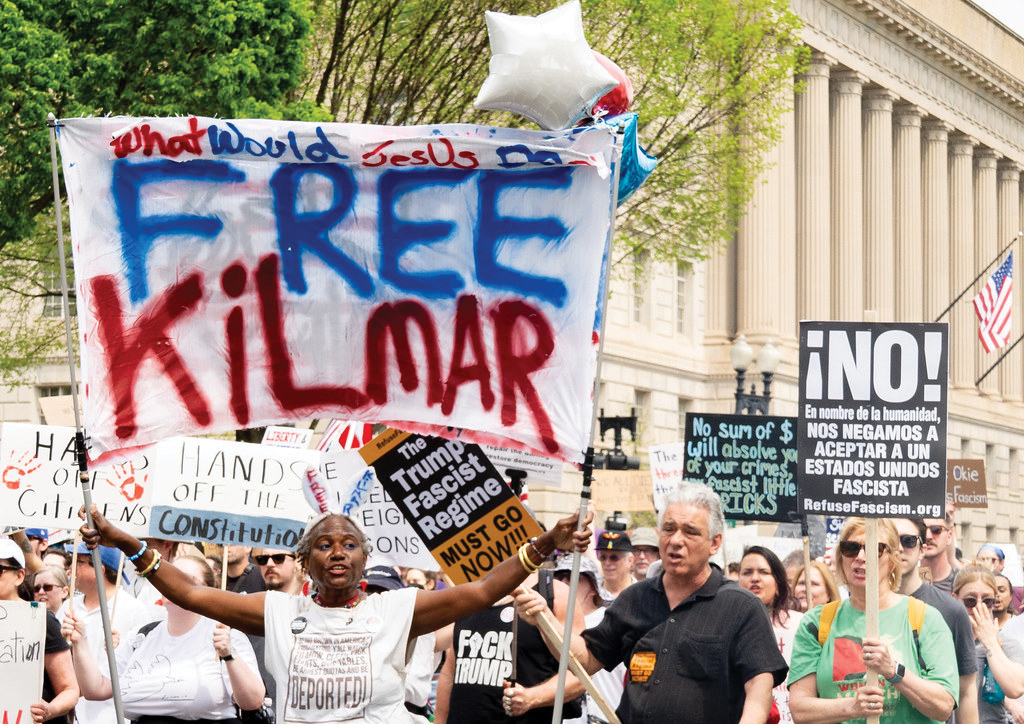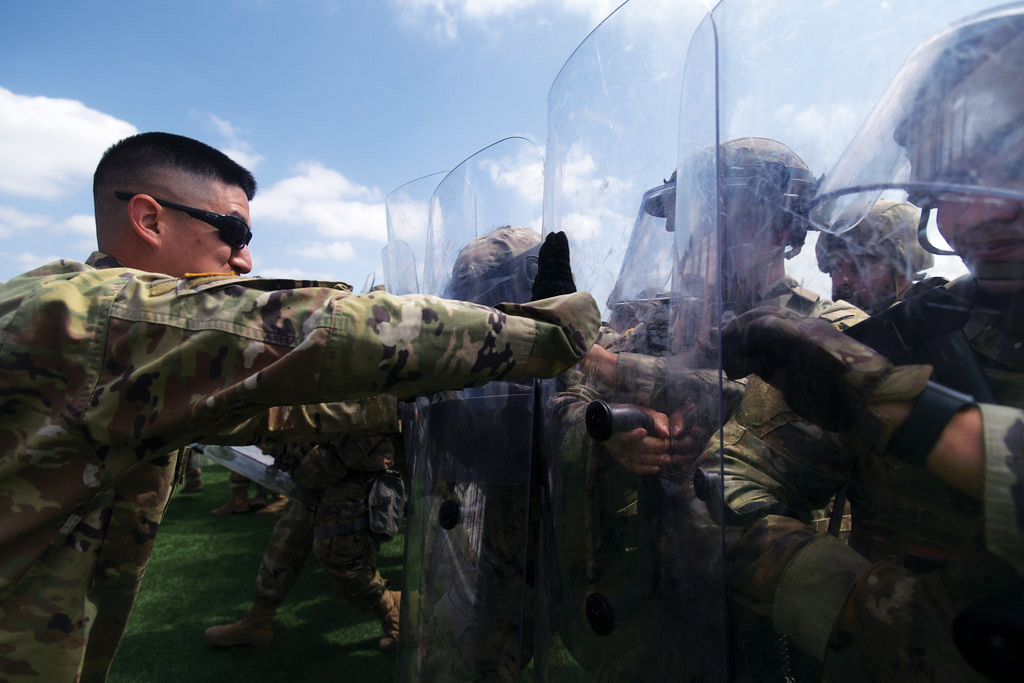In the heart of Central America lies a small country located on the coast – El Salvador. One of the most dangerous countries and homicide capital of the world, has now seemingly turned a new leaf.
Following President Nayib Bukele’s rise to power in June of 2019, there has been a continual decrease in homicide rates in a country that was once rampant with gang violence and crime.
However, many question Bukele method due to concerns of human rights violations and authoritarianism. The Salvadoran Supreme Court ruled to change the number of consecutive terms for Bukele during his reelection in 2021, despite the one term limit for presidency in El Salvador. Many of the judges behind the ruling were appointed by President Bukele’s party.
In March of 2022, Bukele declared a régimen de excepción (state of emergency) that is still active as of Sep. 4, 2024. The severe crackdown on El Salvador’s most notorious street gangs, the Mara Salavatrucha (MS13) and Barrio 18 was achieved through permitting civil rights violations against those who have been arrested. This includes removing the right to a lawyer as well as increasing the time a person can be detained being formally charged.
In the first two months of Bukele’s push to action, over 33,000 people were detained by authorities, nearly doubling the prison population. Amid the arrests, thousands of Salvadoran civilians were unjustly detained. Last August, 7,000 people were released from jail after being cleared of having no gang affiliation.
As of January 2024, El Salvador has the highest incarceration rate in the world with 1.7% of the population currently in prison. The major influx of inmates was met with the creation of the Centro de Confinamiento del Terrorismo (CECOT or Terrorism Confinement Center) in 2022.
Regarded as a source of pride in Bukele’s political career, the mega prison has sparked discourse amongst many human rights activists in regards to treatment of inmates and mass incarceration.
In February of 2024 Bukele began authorizing tours of the facility to select news outlets including Telemundo, Witness and Fox News. It is important to note that the media outlets were only allowed to tour designated cell blocks and inmates were not allowed to interact with visitors at all.
Below is a breakdown of what is currently known about this controversial Salvadoran prison.
CECOT: An Inside Look
To say that the prisons of El Salvador are overcrowded is an understatement. In order to mitigate this issue, El Salvador’s newest prison, the CECOT, formally opened its doors in 2023.
Spanning the size of 7 football stadiums CECOT is the largest prison in the world with the capacity to hold around 40,000 prisoners. Surrounded by 111-meter-high concrete walls that are capped with a 15000-volt electric fence and 19 guard towers, the CECOT has been compared to Alcatraz in terms of the security precautions taken to keep inmates in line.
In addition to the 200,000 CCTV cameras that survey the premises, corrections officers are in constant training. A bunker with cutting-edge assault rifles is also located on prison grounds in case of emergency.
Phone signals are jammed 2km (~1.3 miles) outside of the prison in order to prevent imprisoned gang leaders from continuing operations within the confinement of CECOT.
The cells themselves house upwards of 70 people of varying gang affiliations and are equipped with one toilet and 2 cement water basins for washing purposes. In footage of the prison, metal bunk bed frames stacked 3 beds high can be seen lining the cells. Facility lights are kept on 24/7 and no mattresses or bedding are provided in order to avoid inmates hiding objects.
Inmates are given three meals and are allowed to be out of their cells for one hour of the day. During this hour, prisoners are forced to sing religious hymns as a means of rehabilitation.
In the event of an altercation of any sort, offending prisoners are placed in solitary confinement. A cramped concrete room with a small hole in the ceiling as the only light source. Prisoners who are considered extremely disruptive spend up to 15 days in these conditions.
What’s Under the Rug
While conditions in the prison appear to be organized, it is pertinent to recognize the lengths the Salvadoran Government has taken to curate CECOT’s perfect image. Many questions about the legitimacy of arrests and the treatment of prisoners persist to this day.
In June of 2024 Witness (a human rights non-profit based in Brooklyn), released documentary footage from within the prison showcasing the director’s tour as well as an interview with an inmate. However, while out of sight of security guards, two inmates used the opportunity to send a message to those on the outside.
During this segment, a prisoner of CECOT adamantly claims to have no affiliation to the gangs and that he has been waiting for his sentencing for 18 months. He goes on to insist that his case is not isolated. A second inmate can be seen pleading for help, stating that he hasn’t seen his family in four years.
Accounts from those who have since been released from prison also shed a very different light in regard to the treatment they received.
Rodrigo, a Salvadoran civilian was arrested alongside his stepfather during the state of emergency. While Rodrigo has since been released, his stepfather is currently still in custody as of February 2024. At the time of his arrest Rodrigo was only 16 years old. While in prison he says that in cells of 70 people, only 10 of them would be gang members. Guards would routinely beat him and other inmates as well as deny them medicine when they felt unwell. Inmates in neighboring cells would urinate on others with no repercussions from security guards.
The Price of Peace
When asked about El Salvador’s judicial system in February of 2024, Bukele remained defensive. Stated that “Every country in the world will have an imperfect police…that’s why our judicial system has been freeing innocent people.” However, for many families of those unjustly detained, the question remains: when, or if their loved ones will ever be released.






